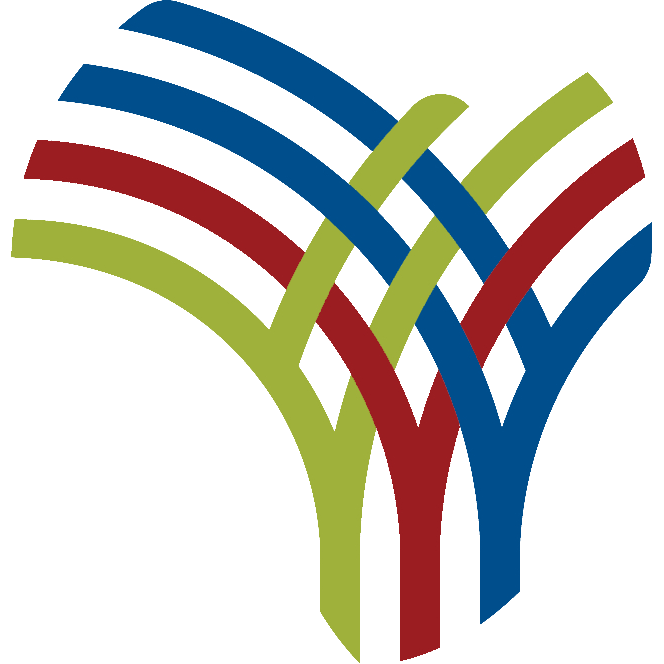Uganda’s economy has been struggling for some time now since the outbreak of coronavirus but the government and the private sector are coming up with numerous options to reverse the trend.
On Oct. 20, the government released Sh 5.8trillion for the second quarter expenditure, representing 26% of the approved budget (excluding external financing, appropriation in aid and public debt) a step intended to stimulate demand.
Ramathan Ggoobi, the permanent secretary in the Ministry of Finance, said the release of funds for the second quarter prioritised expenditure in; health and social protection, agriculture and industry, and judiciary and legislation which are key to economic recovery.
Meanwhile, corporate firms, are unveiling customer demand focused campaigns, which according to experts, could potentially have a positive impact on aggregate demand and eventually economic growth.
For instance, Stanbic Bank customers shopping on Jumia using visa card have been promised free delivery of their goods while Centenary bank has promised a 20% off their order.
Stanbic has also unveiled low interest rate loans of 15.5% compared to the market interest rate of 18% for specific loans for government health workers as well as signed a partnership agreement with Kampala City Traders Association to support the group import goods from China and other Asian markets with ease.
Stanbic Bank Chief Executive, Anne Juuko, said the bank is committed to offering affordable loan and related financial products to support the economy to quickly recover from COVID-19 hit in line with their purpose – Uganda is our home, we drive her growth.
This development comes as the Bank of Uganda Governor, Emmanuel Tumusiime Mutebile, maintained the central bank rate at 6.5% geared towards accelerating demand and support quick recovery of the economy.
"The monetary policy committee assessed that inflation remains benign, that the risks to economic growth outlook are skewed to the downside and that there remains considerable excess capacity in the economy," Mutebile said.
He said the second wave of the COVID-19 pandemic interrupted the recovery of the economy and real GDP recovery is expected to have declined in the September 2021 quarter as a result of the COVID restrictions, although by less than the first national lockdown in the second quarter of 2020.
"With the ebbing of the second wave, a phased relaxation of pandemic related restrictions and improving vaccine coverage, economic activity is gradually normalizing," Mutebile said.The high frequency indicators of economic activity for August and September 2021 suggest that the economy is pulling out […]
